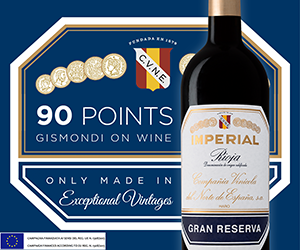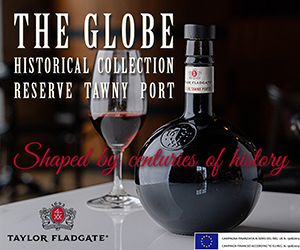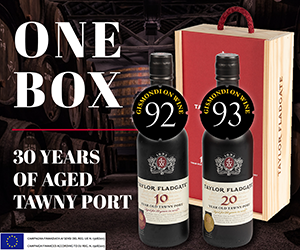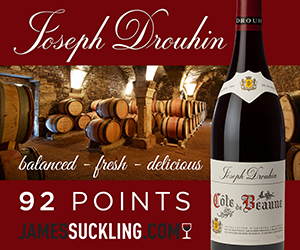Summer unofficially comes to a screeching halt this weekend, not because the calendar says so but because for most of us, our work calendars and our back-to-school calendars, say so.
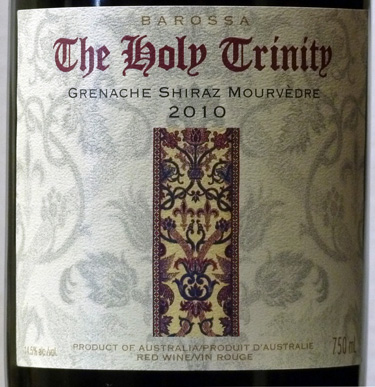
Summer unofficially comes to a screeching halt this
weekend, not because the calendar says so but because for most of us, our work
calendars and our back-to-school calendars, say so. Labour Day tends to focus
our personal time clocks too as we begin to note the beginning of significantly
shorter days and much cooler evenings. The good news is we can still expect
another six to eight weeks of decent weather, work or play, before the rain
sets in.
Dry sunny weather is what everyone in British Columbia
wine country is hoping for, not to mention the rest of the northern hemisphere.
Despite the constant battering the wine industry gets, to simplify its story
there thankfully remains a great deal of mystery surrounding the harvest and/or
vintage. From my point of view there is no need to dumb down the process but
rather it should be explored with interest and anticipation.
Seriously, if you feel the need to simplify a subject you
may want to consider the television, PVR, Xbox and Blu-ray remote control
business. Can anybody tell me why we require three or four remote controls in
every household plus the remote control that controls all the remote controls?
But I digress.
The 2013 harvest will be one of the earliest in years in
British Columbia and, according to some sources, maybe one of the best too. I'm
told that there are blocks Sauvignon Blanc, Chardonnay and Pinot Gris that
could be picked the first week in September which is unusually early for
British Columbia.
There is great deal of superstition regarding the
harvest. It ranges from winemakers who will not wash their cars until the last
grapes are picked to owners who will not comment on the quality of the vintage
until everything has been fermented. The thinking is that if anyone says
anything about a great year the skies will open up and with rain comes
disaster.
What we do know is that winemakers and viticulturalists
will be walking the vineyards for the next month or so tasting grapes and
literally assessing the levels of fruit, acidity and tannin in each mouthful.
The grapes are analyzed in a laboratory too, but that is usually only used to
confirm what the winemakers are tasting on their palates. There is no
substitution for tasting grapes and I can only imagine how terrifying it is for
a young or inexperienced winemaker searching for perfection among the rows on a
warm fall day. It takes years to translate those flavours into meaningful pick
decisions.
Once the decision to pick has been made (orally),
winemakers have many devices to help them communicate which grapes get picked,
including machines programmed to pick only certain designated sectors or blocks
of the vineyard. Using GPS co-ordinates that correlate to the winemaker's final
walk through the vineyard, rows, or even one side of a row, can be tagged
electronically with a mobile device. The information is sent back to the winery
and is loaded by Bluetooth into a computerized map of the vineyard site before
the machines or pickers are sent out into the vineyard. Sophisticated, you bet.
You can play along too if you find yourself in a vineyard over the next month. That's right, park the car safely off the road and walk into a vineyard and be a grape. Stand with your face to the sun and then your back. Feel the wind, touch the soil, and finally select some berries to chew. Don't forget to pick the berries from the sunny side and the shady side of the row. After you taste the sugar and the acidity and chew the skins. Inspect the pips to see how ripe or brown they are. Finally make your decision to pick. Is it yes or no? There's no pressure, just an entire year's work and the winery's reputation in a year or two when the wines are released. I know, you would rather operate three or four remote controls.
Torres Vina Esmeralda Moscatel -- Gewürztraminer 2012,
Catalunya, Spain
Price: $15 | Score: 88/100
UPC: 08410113001139
This Upper Penedès white is an 85/15 mix of
Moscatel/Gewürztraminer with bright floral aromas. The fruity flavours match
the nose offering hints of green apple, lemon lime and lychee fruit. Fresh
delicate, juicy, ripe and all under screwcap. Food friendly, this is a
versatile sushi wine.
Borsão Garnacha Selección 2011, Campo de Borja, Aragon,
Spain
Price: $15 | Score 88/100
UPC: 8412423120036
Black raspberry, earthy, licorice, meaty, cassis aromas
mark this blend of mostly Garnacha, with Tempranillo and Cabernet Sauvignon
from the north of Spain. The attack is round and smooth with fresh acidity,
light tannins and smoky, meaty, black raspberry jam and spicy flavours. A solid
fruity, juicy style with good intensity. A good value barbecue red.
Sola Fred Montsant 2010, Catalunya, Spain
Price: $19 Marquis Wine Cellar | Score: 89/100
UPC: 00875359001684
One of Spain's top-co-operatives makes this smoky, spicy,
black fruited red with a hint of minerality. The attack is medium rich with plenty
of acidity and fine-grained tannins for structure and more dark fruits and
floral, fresh cherry notes underneath. A stylish, fun red that works with any
grilled meats and or chicken dish. Just complicated enough to entertain the
severest critic. The blend is mostly carignan with about 10 garnacha, all vines
are 20 to 40 years old and grown near the southern extent of Monsant near to
Priorat.
Gérard Bertrand St Chinian Syrah Mourvèdre 2011, Coteaux
du Languedoc, France
Price: $21.50 | Score 90/100
UPC: 003514120105233
The 2010 was impressive and the 2011 maybe even better.
They have been making wine since the Middle Ages in St. Chinian and Bertrand is
dialled in with his Syrah planted over calcareous soil and the mourvèdre over
schist. This is a big juicy rich red, almost North American in style. Smoky,
savoury red fruits and black licorice notes and similar flavours flecked with
smoked meat. A blockbuster style but still with a fresh almost mineral streak
in the finish. Try this with full-flavoured menu items.
Il Bruciato 2010, Bolgheri, Tuscany, Italy
Price: $40 | Score: 90/100
UPC: 8001935002079
This Bolgheri red is 50/30/20 blend of Cabernet
Sauvignon, Merlot and Syrah with a dash of other grapes. Look for floral notes
mixed with red cherries and savoury mint. The attack is full but supple with
smoky, spicy, earthy peppery cherry and garrigue flavours. This would benefit
from another two three years in bottle or serve now with a classic Bolognese
pasta dish.
The Holy Trinity Grenache Shiraz Mourvèdre 2010, Barossa
Valley, Australia
Price: $40
UPC: 009315705004606
Score: 91/100
Remarks The Holy Trinity is shaped by the French GSM
model of Grenache, shiraz and mourvèdre. The fruit is 100 per cent Barossa
hand-picked from 50-120 year old, dry-farmed vines. The nose offers
raspberries/black cherries and cedar scents with flecks of licorice while the
palate is equally robust with blueberries, plums and spice wrapped in a round,
dense soft package. A perfect wine for grilled or roasted lamb or game birds.

 quicksearch
quicksearch


